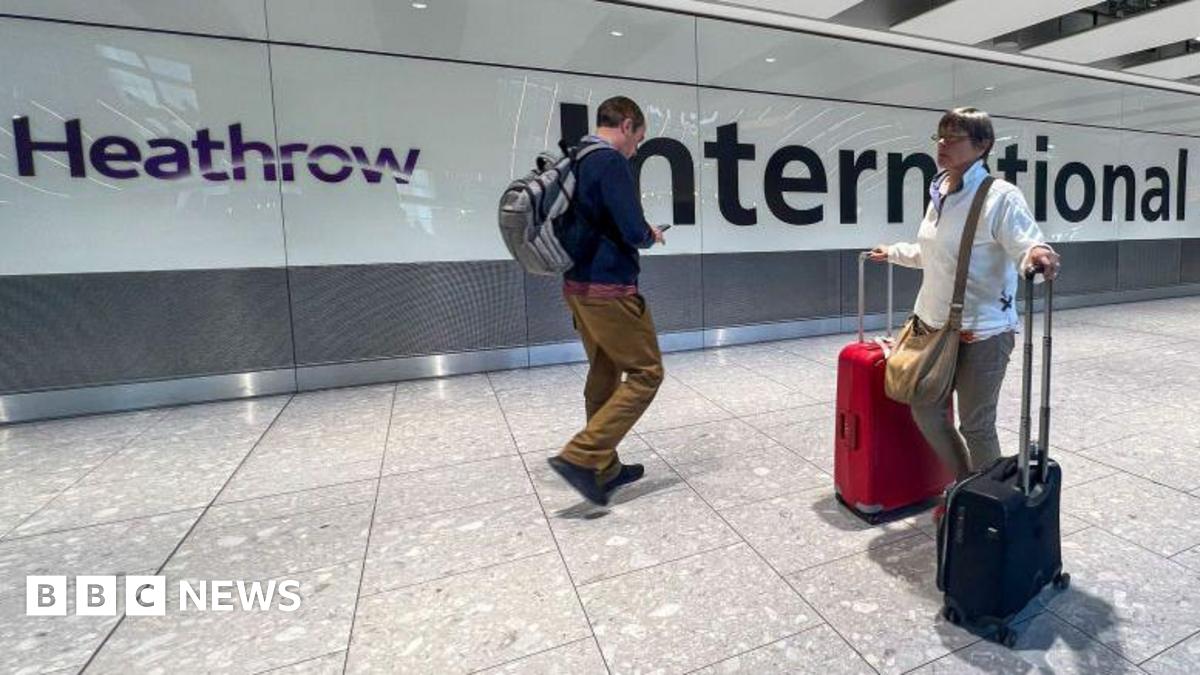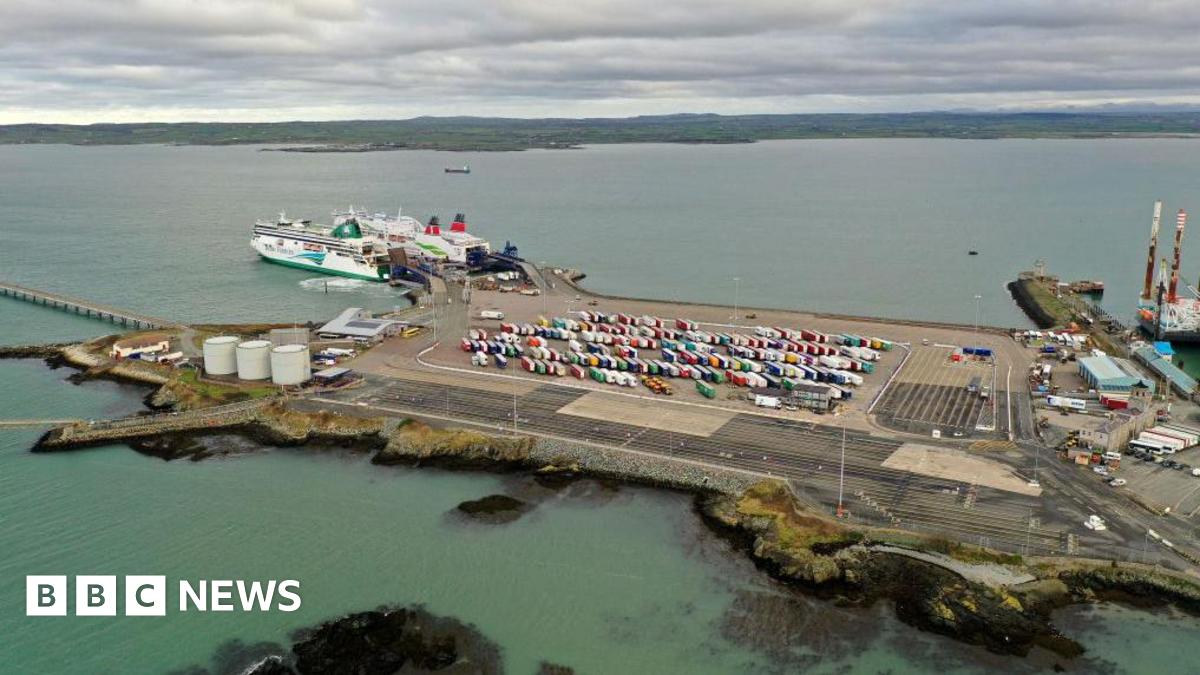Receive free Container shipping updates
We’ll send you a myFT Daily Digest email rounding up the latest Container shipping news every morning.
Legal disputes in the shipping industry have hit the highest level in at least seven years, as declining profits and trade disruption caused by the Ukraine war lead to clashes between shipowners and their customers, according to analysis by lawyers.
Shipping companies were last year involved in around 2,000 out-of-court arbitration cases — shipowners’ preferred route for resolving commercial disputes — in London and Singapore, according to data compiled by law firm HFW and shared with the Financial Times.
The combined number represents a 12 per cent increase over 2021 and is the highest recorded in the two cities — the leading destinations for such cases — since the law firm began compiling figures in 2016. It also surpasses the number of cases in 2020, when severe congestion at ports following the onset of the Covid-19 pandemic led to numerous disputes over shipping delays, lawyers said.
Sanctions on trading certain goods with Russia and the increased danger to vessels in the Black Sea region, as well as pressure to mitigate a fall in earnings amid a widespread economic slowdown, were behind the tensions, shipping lawyers say.
“There’s probably more friction [than before],” said Mike Ritter, a shipping lawyer at HFW. The Ukraine war was having “a momentous impact” and driving “more emotive” disputes, with shipowners seeking to oppose potentially dangerous requests to sail near Ukraine, he added.
“I certainly don’t see that there will be a drop” in legal cases this year, he said.
The rise in commercial spats is the latest sign of how quickly recent hits to global trade have reversed the fortunes of many shipping companies. Since Moscow’s invasion of Ukraine last February, sanctions on trading Russian products have upended an industry that delivers up to 90 per cent of the world’s goods and depends on smooth trade relations between countries.
A decline in consumer spending globally has also hit the outlook for container shipping companies, which only recently recorded record profits during the Covid-19 lockdowns amid an online shopping boom and bottlenecks at ports that drove up the cost of shipping.
Kirsty MacHardy, a shipping lawyer at Stephenson Harwood, said the industry was making so much money in 2021 that companies were reluctant to interrupt business and contest legal challenges from customers, such as disputes over the speed and performance of a vessel. But with profits now falling, they were more motivated to fight claims over money.
MacHardy said Stephenson Harwood had also received inquiries from shipping groups seeking to refuse requests to sail to Russia. But she added that clients were often unable to tear up existing contracts and only a fraction of these cases made it to an arbitration hearing, as there was no blanket ban on trading with Russia.
Shipping companies generally prefer to settle disputes through arbitration hearings as these remain private.
HFW said it had obtained its data from five leading arbitration centres and organisations that represent arbitrators, the professional adjudicators appointed to settle disputes.
The law firm said its analysis gave a “broad-brush picture” of the trend in maritime arbitration cases, as the organisations defined such cases differently. Some only provided data for the entire transportation or commodities sectors rather than shipping alone, although these figures made up only about 5 per cent of HFW’s overall numbers for 2022.
Patrick Murphy, a shipping lawyer at Clyde & Co, also said sanctions were likely driving more “frictional” disputes over contracts.
But he added that the current level of cases did not compare to the period following the financial crash in 2008, when the shipping industry “went into freefall”. That year, the London Maritime Arbitrators Association estimated that 2,058 cases were referred to it, compared with 1,807 in 2022.
Credit: Source link











